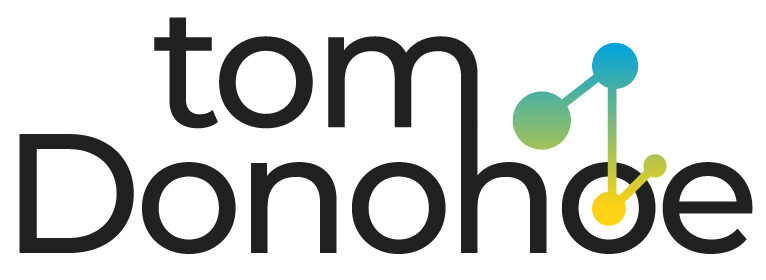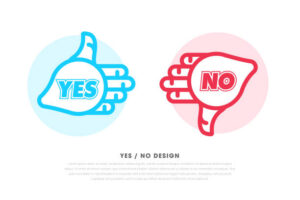Brand Voice: How to Stop Getting Lost in a Noisy Marketplace

However, what’s often forgotten but equally important is the sound your company makes in the eyes of others. Businesses may invest an enormous amount of time thinking about how they appear on the outside; still, they don’t spend much time thinking about the language it employs, how it communicates, and what their customers think of the business.
In the following paragraphs, we’ll discuss “What does brand voice even mean?” then we’ll look at six essential characteristics for building an authentic, trustworthy voice for your business.
What is the brand’s voice? What is the importance of it for me?
Don’t think that your brand isn’t worthy of a voice or that this subject isn’t pertinent to your business. Your brand has an identity when you promote your business or even communicate with the world at large.
Creating a brand voice takes the right amount of nuance but does require some work on the front. You must be aware of who you are and the people who will be your customers.
The most crucial rule for comedy writers is “know your audience,” I’d suggest that the same can be said about marketing. To write and speak in a way that is meaningful to people, you must know the people they’re talking to and why you are essential to them.
*If you’d like to explore more in-depth into the personas of your B2B brand, go through our Buyer Persona Template for B2B.
Its brand’s voice could be severe and professional or witty and fun. It can be elegant or essential. The personality that your company portrays is entirely dependent on you. The most fun part of branding is choosing how you want people to see your brand.
But, there are certain aspects that your business must be steadfastly committed to establishing a solid image in the market.
Let’s discuss these essential features!
Be Honest
The primary (and most crucial) aspect of a strong brand voice is the honesty of its message.
Do not use snake oil. Don’t over-promise and not deliver.
It’s a natural option since we all never start with the intent of being dishonest in our communication.
Making numbers make them look more appealing, corporate eco-friendly, failing to keep promises.
They can sneak in gradually and, if they do, beware of customers who can detect it faster than lightning greased. With the wildfire-like nature of social media sites, you shouldn’t afford to deceive your customers or create an image of shadiness.
You can commit yourself and the entire world to being honest and honesty. If you’ve got an excellent solution or item, there’s no reason to create. You’re doing them a favor by selling to them!
Be Useful
Most brands discuss their founding fathers, why the company is excellent, and other jargon-related nonsense that doesn’t matter to the end-user.
This is what we call noise.
Being top now is insufficient; you need to apply to your customers. If you want to establish a reputation as a trusted brand, what you say must be extremely valuable to your customers and your target audience.
A successful brand aims to make clients’ lives more enjoyable and more enjoyable.
The more effectively others believe in your business, the better likely you will be seen as the leading company in your industry.
You’ll make an army of passionate supporters if you control your space and run it with aplomb. That’s the aim of marketing.
To build a brand voice that will be valuable to your customers, it is essential to understand their needs more deeply.
Who does your target audience want to be? What are their objectives? What do they like to learn? What information could you provide them? What can you do to assist them to win?
Use our Buyer Persona Template to dive deeper into understanding your target audience.
Be Human
We work with various complex firms, usually with complex offerings and highly technological products. We come across websites daily filled with technical jargon and bland corporate language.
It doesn’t resonate with the people on the other side of the spectrum. It’s simply sound.
The reality is that in trying to be clever, we often do not sound like we are. And that’s a significant error that many businesses struggle to correct.
The humanization of leadership and brands is now a crucial aspect of growth in the market.





